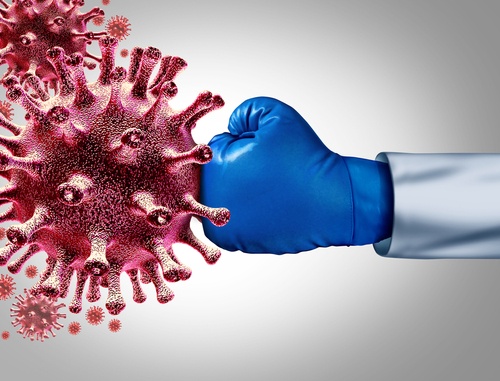
A study in The Lancet Rheumatology sought to understand the experiences and outcomes of patients with rheumatic disease who received outpatient treatment for COVID-19 infection.
“Some patients with systemic autoimmune rheumatic disease and immunosuppression might still be at risk of severe COVID-19,” the authors wrote. “The effect of outpatient SARS-CoV-2 treatments on COVID-19 outcomes among patients with systemic autoimmune rheumatic disease is unclear.”
To fill the gaps in understanding in this population, the investigates conducted a retrospective study of adult patients treated at Mass General Brigham Integrated Health Care system in Boston. Key endpoints included temporal trends, COVID-19 outcome severity, and COVID-19 rebound, compared between patients with pre-existing systematic rheumatic disease who received outpatient treatment and those who did not.
COVID-19 status was identified by a positive PCR or antigen test, and diagnosis codes and immunomodulator prescriptions were used to identify autoimmune rheumatic disease status. A medical record review identified whether outpatient SARS-CoV-2 treatments were administered. Severe COVID-19 was defined as hospitalization or death within 30 days of the positive test. Rebound was defined as documentation of a negative COVID-19 test after treatment followed by a newly positive test.
In total 704 patients were included; patients were treated between January 23 and May 30, 2022. The mean age was 58.4 years. Seventy-six percent of patients were female. Six percent of patients were Black, and 84% were White. Rheumatoid arthritis was confirmed in 49% of patients.
Of the total cohort, 61% received outpatient SARS-CoV-2 treatment. The authors noted that the use of these treatments increased in frequency over the study period (P<0.0001). Treatments administered were:
- nirmatrelvir–ritonavir (44%)
monoclonal antibodies (15%) - molnupiravir (1%)
remdesivir (<1%) - combination treatment (1%)
Among the 426 patients who received outpatient treatment, there were 9 (2.1%) severe COVID-19 cases, compared with 49 (17.6%) cases among the 278 patients who did not receive the treatment (adjusted odds ratio: 0.12, 95% confidence interval: 0.05–0.25). Among a subgroup of 318 patients who received oral outpatient treatment, 25 (7.9%) had a documented COVID-19 rebound.
“Outpatient treatment was associated with lower odds of severe COVID-19 outcomes compared with no outpatient treatment,” summarized the authors. “These findings highlight the importance of outpatient SARS-CoV-2 treatment for patients with systemic autoimmune rheumatic disease and COVID-19, and the need for further research on COVID-19 rebound.”

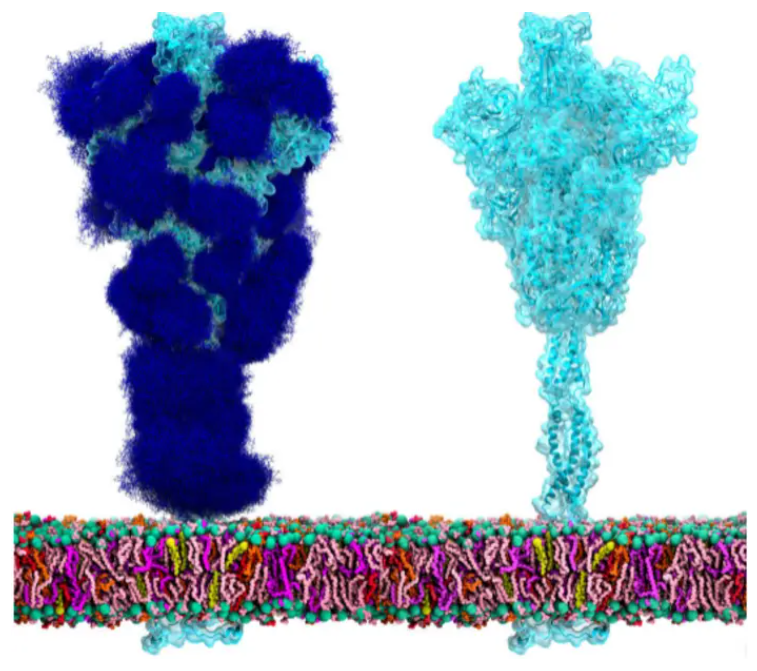
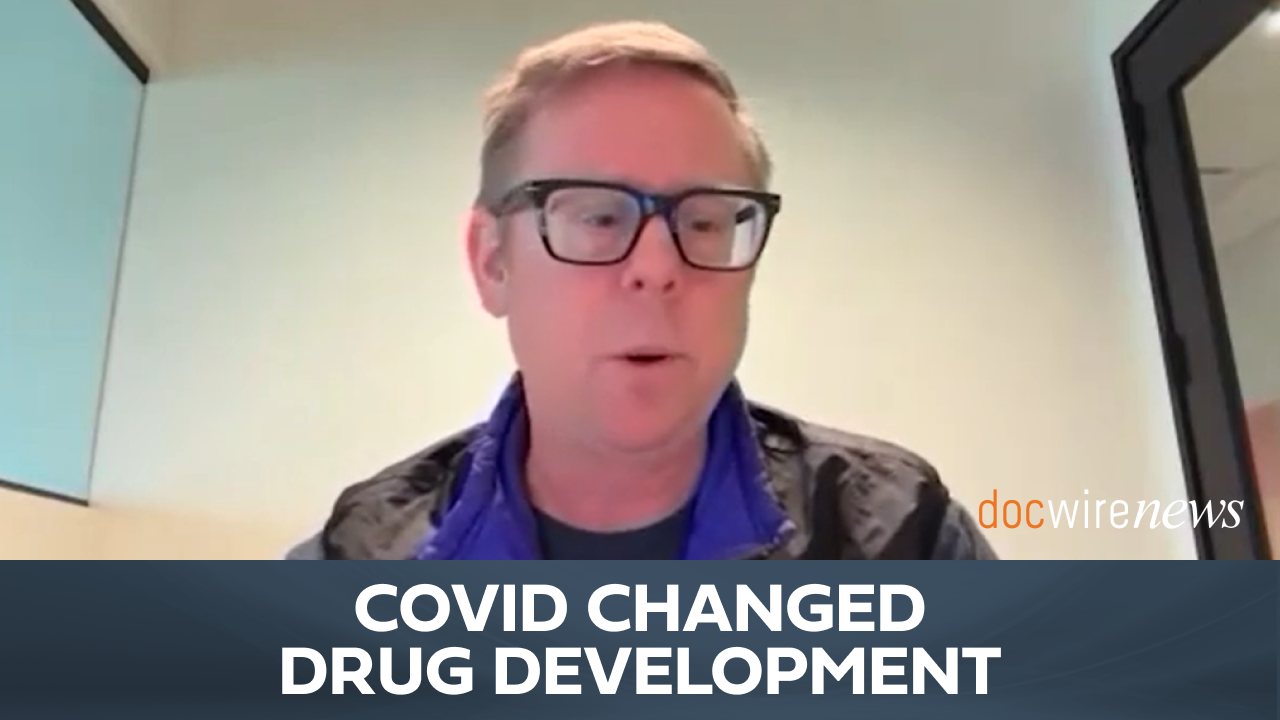
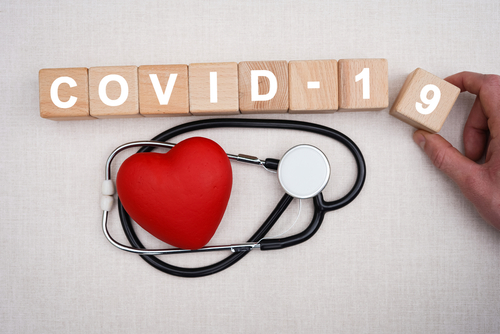
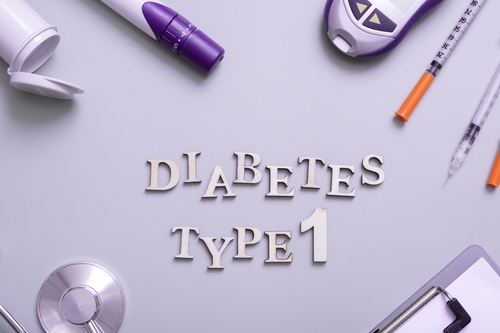


 © 2025 Mashup Media, LLC, a Formedics Property. All Rights Reserved.
© 2025 Mashup Media, LLC, a Formedics Property. All Rights Reserved.